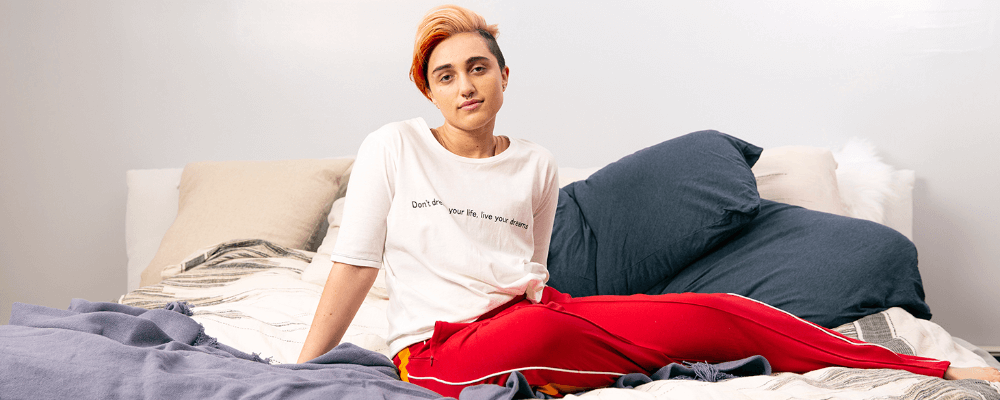Body Image Explained
Body image is a feeling state created by numerous factors

Our body image is formed by the thoughts, feelings, attitudes and beliefs we have about our bodies and how we look. This includes our shape, size, weight, gender identity, and the way our body functions for us.

We may feel many different things about our body and appearance: sometimes satisfied/positive, sometimes dissatisfied/negative, sometimes a bit of both, or even neutral. Either way, our body image can influence how we engage with the world.

Who does it affect?
Who is affected by body image? In a word, everyone. Body image starts developing in early childhood and the relationship you have with your body and appearance—which typically evolves over the course of your lifetime—is one of the most significant, long-lasting and complex relationships you will ever have.
Some forms of body image disorders
Body Dysmorphic Disorder (BDD)
Body Dysmorphic Disorder is a mental health issue in which a person is overly preoccupied with a perceived defect in their appearance.
Muscle Dysmorphia (MD)
Muscle Dysmorphia is a sub-type of Body Dysmorphic Disorder and involves a person excessively worrying about muscularity and muscle size.
Gender Dysphoria
Sometimes gender-specific body parts can cause particular distress for people who identify as trans or gender diverse. If the person is in treatment for an eating disorder, acknowledging and affirming gender identity can be an important step in treatment.
Why build a positive body image?
Whatever your size, shape, weight or appearance, every person can enjoy and deserves a positive body image.
A positive body image is possible, essential to physical and mental wellbeing, and is known to protect against eating disorders. We also know that along with a balanced approach to nutrition and exercise, the most effective prevention programs for eating disorders focus on building a positive body image.
Having a positive body image can improve:
Self-esteem: how a person feels about themselves
Self-acceptance: when a person feels comfortable with their appearance they are less likely to be impacted by societal and media pressures to look a certain way.
Health not weight
When you’re able to accept, appreciate, respect and enjoy your body for all that it does for you—regardless of its weight, size or shape—you are experiencing a positive body image. A health promotion approach is key in eating disorder prevention programs, which aim to address body dissatisfaction, improve self-esteem, and support a balanced approach to nutrition and exercise.
Boosting body image
The journey towards achieving body satisfaction, acceptance, confidence, or even neutrality will look and feel different for everyone. It’s about finding ways help you improve the relationship you have with your body and appearance.
Modelling healthy body image
Children and youth are sensitive to messages about body image and appearance shared by their parents and other adults around them. We can model behaviours that can benefit our children’s body confidence and self-esteem.
























